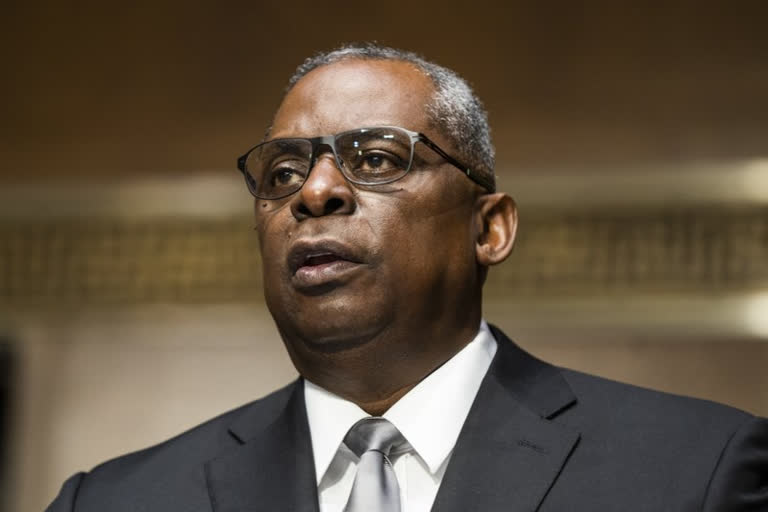Washington:The Democratic-controlled Congress has easily passed legislation required to confirm retired General Lloyd Austin as President Joe Biden’s secretary of defence, brushing aside concerns that his retirement occurred inside the seven-year window that safeguards civilian leadership of the military.
It would be the first measure to be signed into law by brand-new President Joe Biden.
Sen. John Cornyn, R-Texas, confirmed that the confirmation vote on Austin would be conducted Friday.
Austin, a 41-year veteran of the Army, has promised to surround himself with qualified civilians and include them in policy decisions. He said he has spent nearly his entire life committed to the principle of civilian control over the military.
While the waiver is expected to be approved, the vote puts some Democrats in a position to look like they’ve flip-flopped. Many of them opposed a similar waiver in 2017 for Jim Mattis, former President Donald Trump’s first secretary of defence.
Read:|Biden names ex-general Lloyd Austin as Defense Secretary
Austin, who would be the first Black secretary of defence, said he understands why some have questioned the wisdom of putting a recently retired general in charge of the Defense Department. Much of his focus this week, including in his remarks at his Senate confirmation hearing on Tuesday, has been on persuading members of Congress that although he has been out of uniform for less than five years, he sees himself as a civilian, not a general.
Some aspects of his policy priorities are less clear. He emphasized on Tuesday that he will follow Biden’s lead in giving renewed attention to dealing with the coronavirus pandemic.
“I will quickly review the department’s contributions to coronavirus relief efforts, ensuring we are doing everything we can — and then some — to help distribute vaccines across the country and to vaccinate our troops and preserve readiness,” he told the Senate Armed Services Committee.
Under questioning by senators, Austin pledged to address white supremacy and violent extremism in the ranks of the military — problems that received relatively little public attention from his immediate predecessor, Mark Esper. Austin promised to “rid our ranks of racists,” and said he takes the problem personally.
